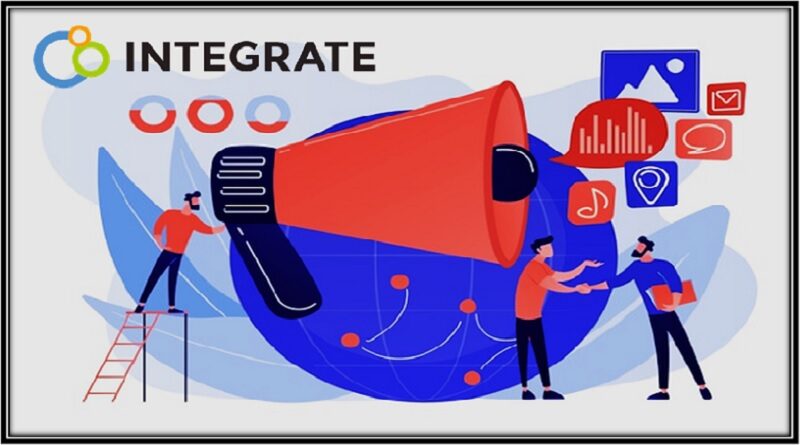New State of Marketing Budget Survey Reports on Need for Precision in Marketing
Integrate, a pioneer in B2B Precision Demand Marketing (PDM), today unveiled new findings from its study, “The State of Marketing Budgets 2022,” which offer insights into how businesses are coping with the current economic climate. A global research and advising company named Demand Metric collaborated on the study. According to the study, two-thirds of marketers are expected to accomplish more with less funding, and nearly 60% of UK B2B marketers claim that their existing budgets have been slashed or stayed the same. In spite of these difficulties, 74% of the UK B2B marketers polled claim to have a neutral to optimistic outlook for 2023.
The Organization for Economic Cooperation and Development (OECD) study from September 2022 predicts that the global economy will continue to grow slowly for the remainder of the year before contracting in 2023. In an effort to contain inflation, the UK has increased interest rates several times during the course of 2022, and they are currently at their highest level since December 2008.
“B2B marketing has always been hard, but today, marketers are tasked with the impossible: They’re expected to do more with less”, “There’s never been a better time to invest in greater precision, reduce redundancies, and focus on adopting a more powerful, buyer-driven, cross-channel Precision Demand Marketing approach to maximise your marketing efforts.”
Colby Cavanaugh, SVP of Marketing at Integrate.
According to the State of Marketing Budget report, economic recession and inflation were the main causes of changes in marketing budgets. In turn, one-third of B2B marketers said they have less staff this year than they did last year, and 21% of respondents said their budget was cut mid-year.
For UK B2B marketers, the tides have turned when it comes to marketing strategies, with only 26% saying that ABM/ABX is a critical component of their strategy. Marketers today are mostly concentrating on the trifecta of:
- a buyer-driven & cross-channel strategy (49%)
- traditional demand gen (42%)
- an always-on approach (33%).
UK B2B marketers anticipate spending the most on content production (48%), customer marketing (46%), and digital marketing (45%) in order to adapt to recent market shifts. On the other hand, they anticipate spending less on communications (45%), field or event marketing (45%), and ABM (47%).
Nearly 95% of respondents indicate redundancies in their present MarTech stack, despite the fact that opinions on this topic were split almost evenly.
“These results suggest that there is a great deal of opportunity for B2B marketers to be more efficient and effective in everything from their strategies to their tech stack”, “Marketers may be overwhelmingly optimistic for 2023, but in order to succeed in the months ahead, they need to be prepared to act with greater precision and drive tangible, repeatable revenue results that can scale.”
John Follett, Co-Founder, CXO & Head of Research at Demand Metric.
Being buyer-centric is a fundamental principle of precision demand marketing in order to provide clients with more individualised and pertinent experiences. Precision Demand Marketing: Achieving the Promise of Predictable Pipeline, a new book from Integrate, offers a practical, hands-on guide to implementing a buyer-driven, omnichannel Precision Demand Marketing strategy that enables marketers to find and attract ideal buyers, wherever they are, at the precise moment that they are ready to buy.
“The State of B2B Marketing Budgets” report was fielded in September 2022 to over 500 respondents across the U.S. and UK. Download the full report here or read a recap of the results in our blog, “2022 State of B2B Marketing Budgets Survey: 3 Ways to Succeed in 2023.”




